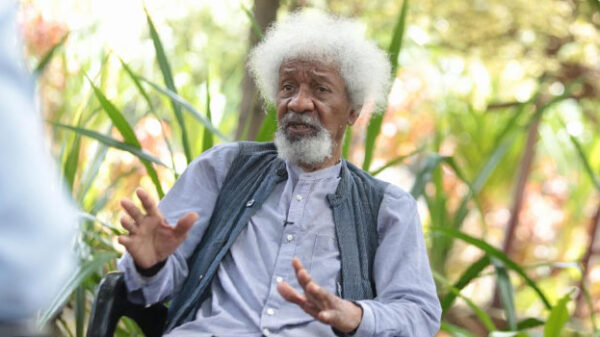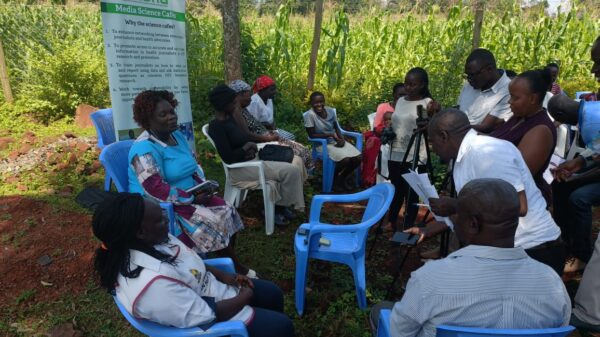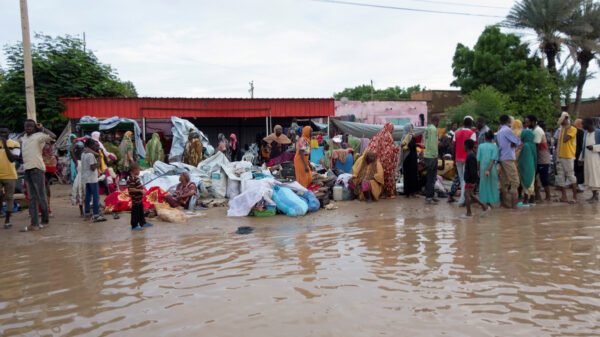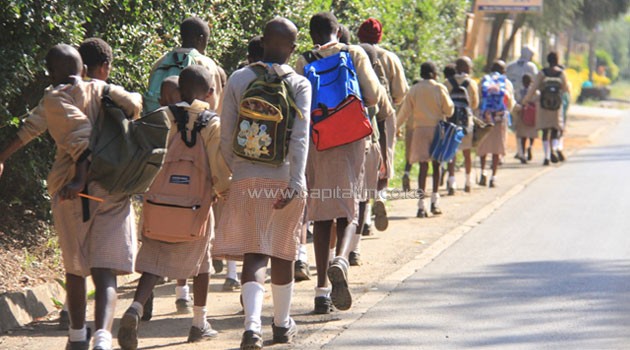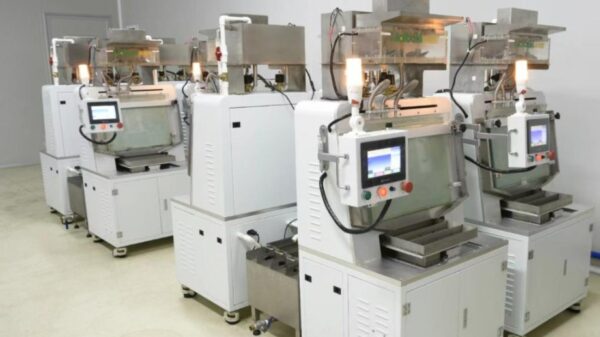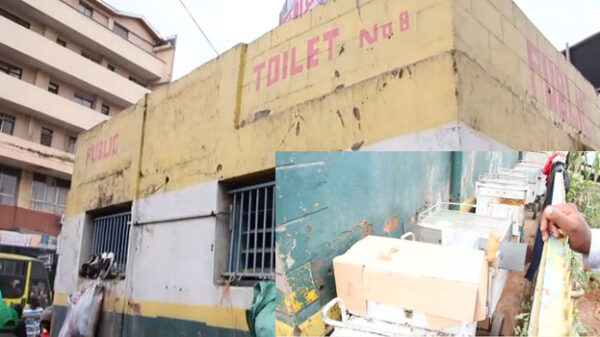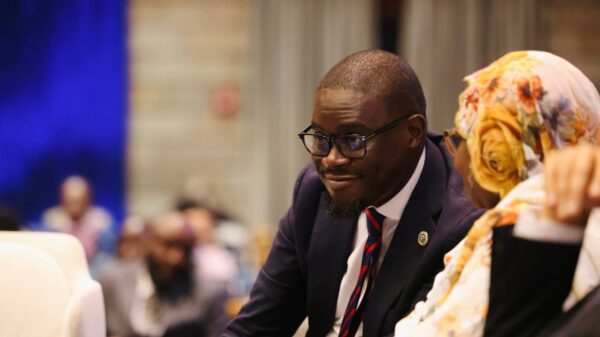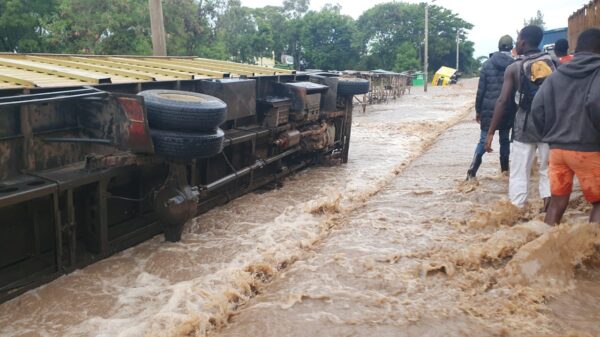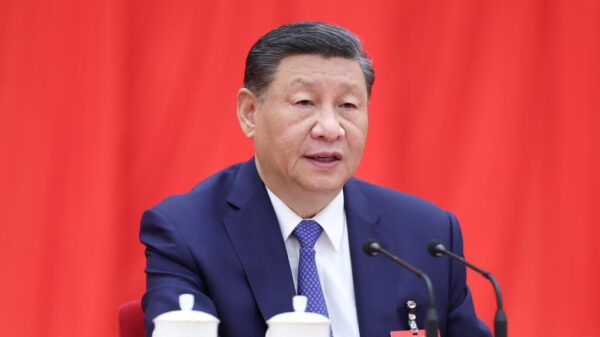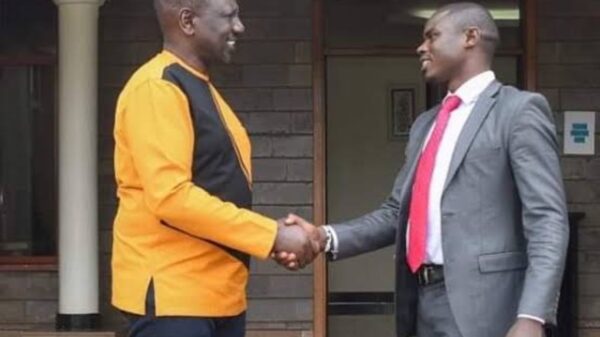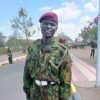
Human trafficking syndicates growing/AFP
MANILA, Apr 25 – Human trafficking syndicates are growing and becoming more organised helped by technology, Southeast Asian law-enforcement experts heard Thursday as they sought ways to tackle the issue together.
Experts from the 10-nation Association of Southeast Asian Nations met in Manila to try to work out either a binding convention on human trafficking or a less stringent “regional plan of action” to enable ASEAN to act in unison.
“Trafficking in persons used to be number three (crime). Now, it has overtaken the (illegal) arms trade and it is number two globally,” Philippine justice undersecretary Jose Salazar said as the talks got under way.
Salazar, who heads Manila’s anti-trafficking task force, said human trafficking syndicates were expanding worldwide, helped by the Internet and other modern advances.
“They are more organised. They have the resources. They have been using the advances in technology for themselves,” he said.
While some countries want an ASEAN convention against human trafficking, there are also fears that such a convention could infringe on the laws of individual nations.
Under the regional plan of action, members would not be obliged to follow all the provisions but would merely be asked to cooperate, he said.
The recommendations of the experts in Manila will be presented to ASEAN senior officials meeting in Vietnam later this year, he added.
The Philippines, which has almost 10 million citizens working overseas, was particularly vulnerable to human trafficking with many women going abroad for legitimate jobs only to be forced into prostitution, he said.
Figures for the number of people trafficked in ASEAN were being compiled but were not immediately available, he added.
He cited International Labour Organization figures putting the number of people worldwide in forced labour at 20.9 million — 5.5 million of them children.
Aside from the Philippines, ASEAN includes Brunei, Cambodia, Indonesia, Laos, Malaysia, Myanmar, Singapore, Thailand and Vietnam.
ASEAN members have been criticised for not doing enough to fight human trafficking even though many of them send labourers overseas and some of them rely on imported workers.

